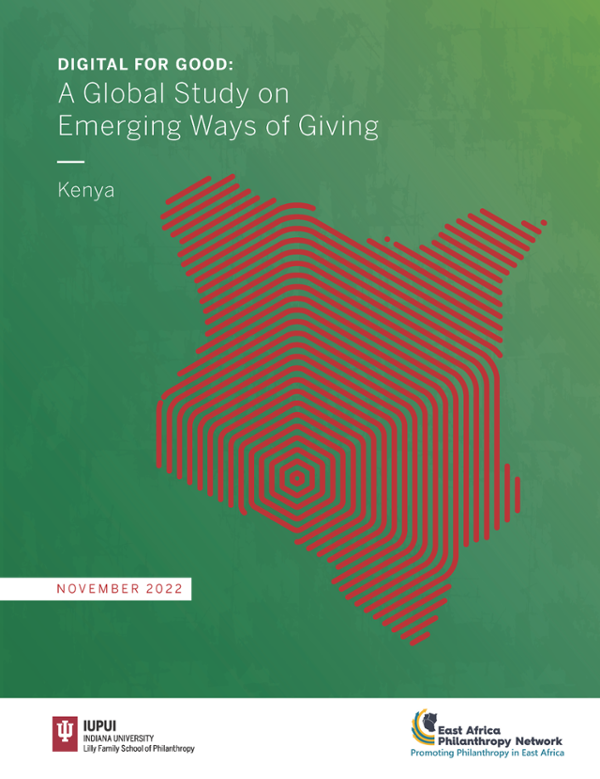Country Overview
Deeply rooted in communities, philanthropy plays an important role in Kenya. The growth in private wealth among high net worth individuals, technology, and the changing culture all affected the ways that individuals practice philanthropy. In addition to donating to civil society organizations (CSOs), Kenyans also engage in philanthropy through diverse mechanisms and traditions, such as communal asset-building mechanisms like Harambee, provision of farming equipment or other assets, burial associations, and pooled support for those who are in need. Systems of mutuality and reciprocity like these are embedded in Kenyan societies. Additionally, faith-based giving, institutional or informal, is prevalent and long-standing in Kenya.
This study seeks to explore two emerging ways of giving in Kenya: crowdfunding and workplace giving. The concept of crowdfunding has a long history in Kenya and can be linked to the Harambee spirit. Harambee means pulling together for the provision of goods through voluntary cooperation among community members (Wilson, 1992). The technological advancements enable the practice of Harambee through digital platforms, which were embraced by more CSOs during the COVID-19 pandemic in order to diversify revenue sources. Workplace giving is another emerging vehicle of philanthropy that is studied in the report. The popular form of workplace giving in Kenya is through community projects proposed and funded by employees. The report shares insights learned from interviews with staff at 20 organizations that had a philanthropic presence in Kenya in early 2022.




